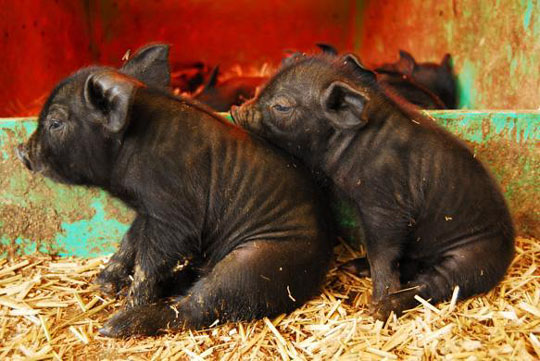A series of food-safety scandals in the early and mid 2000s — involving, among other scares, bacteria-infected milk and poisonous Chinese dumplings — have made many more people in Japan aware of the need to know — and the danger of not knowing — the origins of their daily fare.
The scandals also forced the government to be more proactive, leading to the 2005 implementation of the Basic Act on Food Education, which has given the public the right to learn more about the importance of food's effect on our physical and mental well-being, as well as encouraging citizens to improve their eating habits.
But when it comes to learning how we source our meat, the story gets a little more complicated, and delicate, especially in Japan.

















With your current subscription plan you can comment on stories. However, before writing your first comment, please create a display name in the Profile section of your subscriber account page.